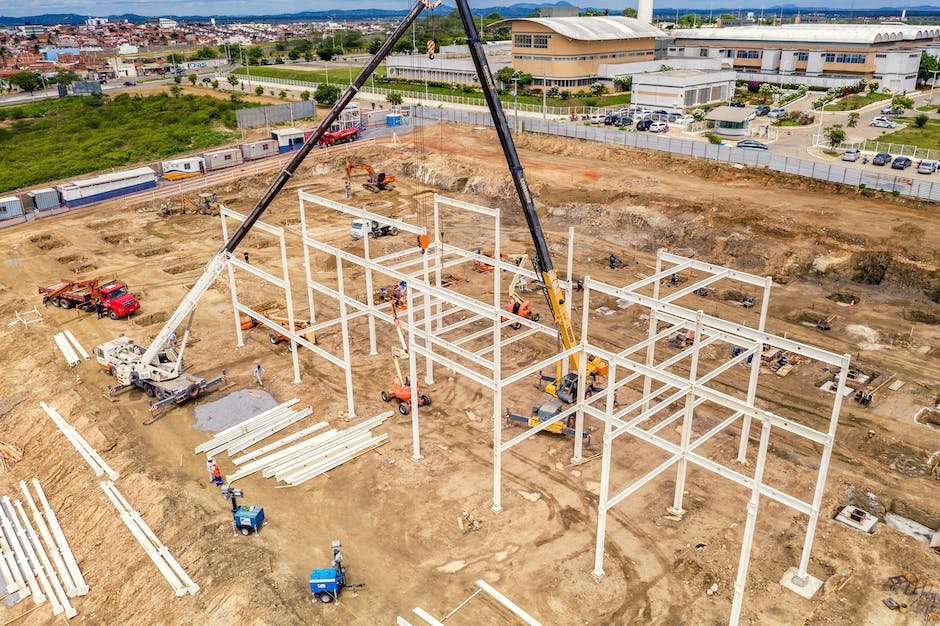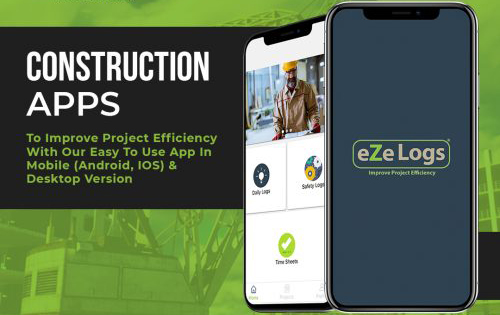Project cost control is an essential part of any construction project. It is important to ensure that the project is completed within the allocated budget and that the project is completed on time. Implementing a task management system is one of the most effective ways to ensure that project cost control is maintained.


A task management system allows for the tracking of tasks, the assignment of tasks, and the monitoring of progress. It also allows for the identification of potential problems and the implementation of corrective measures.
This article will discuss the importance of implementing a task management system for effective project cost control in construction. It will also provide an overview of the different types of task management systems available and the benefits they can provide.
Understanding Task Management Systems
Task management systems are designed to help individuals and teams stay organized and on track with their work. They provide a centralized platform for tracking tasks, assigning tasks, and monitoring progress.
Task management systems are typically composed of several components. The first component is a task list, which is a list of tasks that need to be completed. This list can be organized by priority, due date, or any other criteria. The second component is a task assignment system, which allows users to assign tasks to other users or teams. The third component is a task tracking system, which allows users to monitor the progress of tasks and view the status of tasks.
Task management systems can be used to manage any type of task, from simple to-do lists to complex projects. They can also be used to manage resources, such as time, money, and materials. By providing a centralized platform for tracking tasks, task management systems can help teams stay organized and on track with their work.
Task management systems are easy to use and can be customized to fit the needs of any organization. They can be used to manage tasks for both individuals and teams, and they can be used to manage both short-term and long-term projects. With the right task management system, teams can stay organized and on track with their work.
Implementing Task Management Systems for Effective Cost Control
Cost control is an important part of any business, and task management systems can be a great way to help you stay on top of your budget. By implementing a task management system, you can ensure that tasks are completed on time and within budget. This will help you to keep costs down and maximize efficiency.
A task management system is a software application that helps you to manage tasks and projects. It allows you to assign tasks to team members, track progress, and monitor costs. It also helps you to prioritize tasks and ensure that they are completed on time.
When implementing a task management system, it is important to consider the following:
1. Set clear goals and objectives. Before you start using a task management system, it is important to set clear goals and objectives. This will help you to ensure that tasks are completed on time and within budget.
2. Assign tasks to the right people. Make sure that tasks are assigned to the right people. This will help to ensure that tasks are completed on time and within budget.
3. Monitor progress. Use the task management system to monitor progress and ensure that tasks are completed on time and within budget.
4. Track costs. Use the task management system to track costs and ensure that tasks are completed on budget.
By implementing a task management system, you can ensure that tasks are completed on time and within budget. This will help you to keep costs down and maximize efficiency.
Benefits of Implementing Task Management Systems for Cost Control
Task management systems are an invaluable tool for cost control. By providing a centralized platform for tracking and managing tasks, these systems can help organizations save time and money. Here are some of the key benefits of implementing a task management system for cost control:
1. Streamlined Processes: Task management systems streamline processes by providing a single platform for tracking and managing tasks. This eliminates the need for multiple systems and manual processes, which can be time-consuming and costly.
2. Improved Efficiency: Task management systems can help organizations improve efficiency by providing visibility into tasks and resources. This allows teams to better allocate resources and prioritize tasks, resulting in improved efficiency and cost savings.
3. Automation: Task management systems can automate many of the manual processes associated with task management. This can help reduce costs by eliminating the need for manual labor and freeing up resources for more important tasks.
4. Increased Visibility: Task management systems provide visibility into tasks and resources, allowing teams to better allocate resources and prioritize tasks. This can help organizations save time and money by ensuring tasks are completed on time and within budget.
Overall, task management systems are an invaluable tool for cost control. By providing a centralized platform for tracking and managing tasks, these systems can help organizations save time and money.
Challenges and Limitations of Implementing Task Management Systems for Cost Control
Implementing a task management system for cost control can be a great way to help organizations stay on top of their finances. However, there are some challenges and limitations that should be considered before implementing such a system.
One of the biggest challenges of implementing a task management system for cost control is the cost itself. Depending on the size and complexity of the organization, the cost of implementing such a system can be quite high. Additionally, the cost of maintaining the system can also be quite high, as it requires regular updates and maintenance.


Another challenge is the complexity of the system. Task management systems can be quite complex, and it can take a lot of time and effort to learn how to use them properly. Additionally, the system may require a certain level of technical expertise to set up and maintain, which can be a challenge for organizations that don’t have the necessary resources.
Finally, there is the challenge of user adoption. Even if the system is set up properly, it can be difficult to get users to actually use it. This can be especially true if the system is seen as too complex or too time-consuming to use.
Despite these challenges, task management systems can be a great way to help organizations stay on top of their finances. With the right system in place, organizations can save time and money by streamlining their processes and ensuring that tasks are completed on time and within budget.
Best Practices for Implementing Task Management Systems for Effective Cost Control
1. Establish Clear Goals and Objectives: Before implementing a task management system, it is important to establish clear goals and objectives. This will help ensure that the system is designed to meet the needs of the organization and that it is tailored to the specific tasks that need to be managed.
2. Define Roles and Responsibilities: It is important to define roles and responsibilities for each team member in order to ensure that tasks are completed in a timely and efficient manner. This will also help to ensure that tasks are assigned to the most appropriate person and that everyone is aware of their responsibilities.
3. Set Deadlines: Setting deadlines for tasks is essential for effective cost control. This will help to ensure that tasks are completed on time and that resources are not wasted.
4. Monitor Progress: It is important to monitor progress on tasks in order to ensure that they are completed on time and within budget. This can be done by setting up regular check-ins with team members and tracking progress on a regular basis.
5. Automate Where Possible: Automating certain tasks can help to reduce costs and improve efficiency. This can include automating reminders, notifications, and other tasks that can be done more quickly and accurately with automation.
6. Utilize Reporting Tools: Utilizing reporting tools can help to track progress and identify areas where costs can be reduced. This can help to ensure that tasks are completed on time and within budget.
7. Provide Feedback: Providing feedback to team members on their performance can help to ensure that tasks are completed in a timely and efficient manner. This can also help to identify areas where improvements can be made.
8. Reward Success: Rewarding team members for successful completion of tasks can help to motivate them and ensure that tasks are completed on time and within budget.
By following these best practices, organizations can ensure that their task management systems are effective and help to control costs.
The Bottom Line
In conclusion, implementing task management systems for effective project cost control in construction is a great way to ensure that projects are completed on time and within budget. It allows for better communication between all stakeholders, improved visibility into project progress, and better tracking of costs.
By using task management systems, construction companies can ensure that their projects are completed on time and within budget, while also providing a better overall experience for their clients.



